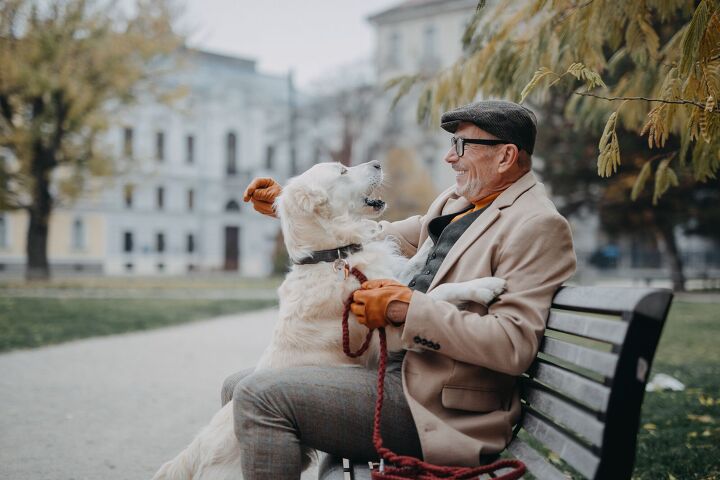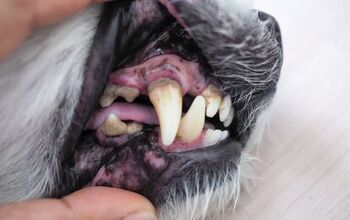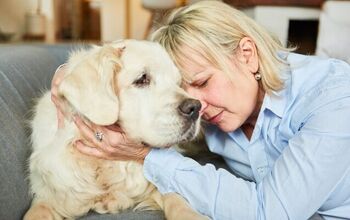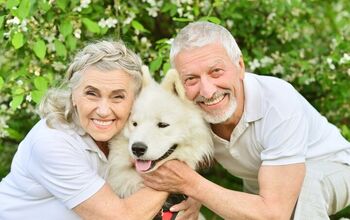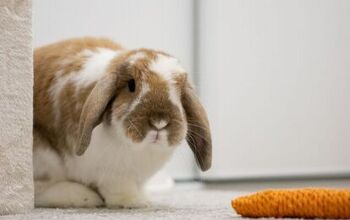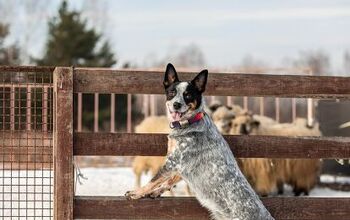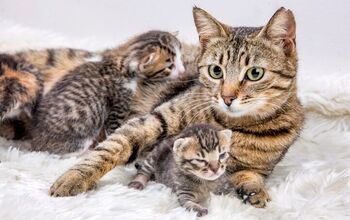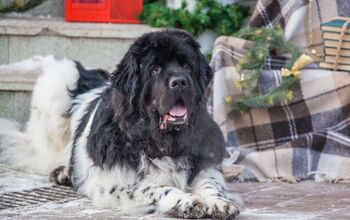Study Finds That Pet Owners Experience Slower Cognitive Decline

Studies have shown that owning a pet can promote physical health in older people, but there isn’t enough research on the impact of dogs, cats, and other pets on cognitive function.
As people age, their cognitive functions and memory decline. Although all people experience some level of cognitive decline as they age, some individuals can maintain good cognitive function well into advanced age. In contrast, others experience a sharp cognitive decline early on.
Researchers have suggested various strategies to slow cognitive decline, from treating sleep apnea to improving diet and increasing exercise. In a new study, a team of researchers has set to discover whether pets, mainly cats and dogs, may help slow down cognitive decline in seniors.
Scientists from the University of Maryland wanted to examine the link between pet ownership and changes in cognitive function of community-dwelling seniors. The goal of this study was to determine whether pet owners experience slower cognitive decline. They also wanted to see if there’s any difference if the pet is a dog or a cat, and whether dog walking might reduce the rate of cognitive decline.
The team analyzed data from the Baltimore Longitudinal Study of Aging, the longest-running study of aging in the U.S. Using the data from this study, enabled the research team to analyze the cognitive tests of 637 participants ages between 51 and 101.
Of the participants, nearly one-third owned pets, with 11% owning cats and 13% owning dogs. Among dog owners, 69% reported walking their dogs regularly.
Results revealed that during 10 years, all participants experienced a decline in cognitive functions as they aged. However, decline was slower in pet owners, compared to non-pet owners.
Interestingly, the slower decline was more evident in some but not all tests used to determine cognitive function. Additionally, the results also showed some variations between cat and dog owners.
For example, researchers noted that dog owners who walked their dogs regularly experienced even slower cognitive decline than cat owners and dog owners who didn’t walk their pets.
This finding showcases just how beneficial walking your pooch can be for your overall health. Owning a dog can increase physical activity, as they need to be taken out for regular walks and daily exercise, which is known to be beneficial for health.
“Older adult pet owners experienced less decline in cognitive function as they aged, after considering both their pre-existing health and age,” the study authors said.
“Memory, executive function, language function, psychomotor speed, and processing speed deteriorated less over 10 years among pet owners than among non-owners and among dog owners than non-owners.”
“Cat owners experienced less deterioration in memory and language function. Dog walking was also associated with slower deterioration in cognitive functioning.”
Numerous other studies have shown that pets can provide social support and that interacting with a cat or dog can lower heart rate and blood pressure.
This study is important for the scientific understanding of factors linked with cognitive decline. However, this study isn’t without limitations.
Firstly, the study doesn’t allow any cause-and-effect conclusions to be made. Secondly, the study sample consisted of people with higher socioeconomic status and above-average cognitive abilities for their age.
“Policymakers could use these findings to support the inclusion of pets in care plans, designing housing and neighborhoods for seniors that are friendly for dog walking and developing programs to support pet ownership and care for older adults’ pets while they are temporarily unable to do so,” concluded the authors of the study.
Join the PetGuide community. Get the latest pet news and product recommendations by subscribing to our newsletter here.

Nevena is a freelance writer and a proud mom of Teo, a 17-year-old poodle, and Bob, a rescued grey tabby cat. Since childhood, she had a habit of picking up strays and bringing them home (luckily, her parents didn't know how to say NO). When she's not writing for her fellow pet parents, Nevena can be found watching Teo sleep. To her defense, that's not as creepy as it sounds!
More by Nevena Nacic



